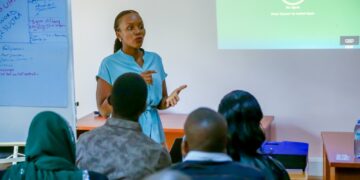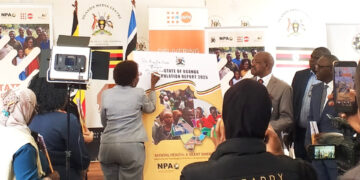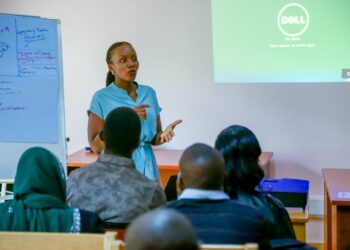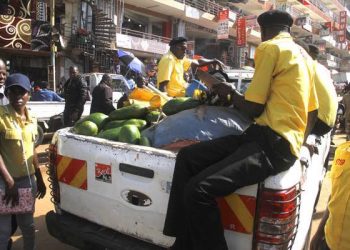OPINION
Despite the abundant energy sources the country possesses, such as hydropower, biomass, solar energy, geothermal and wind among others, Ugandans are still faced with a significant constraint on utilizing them both, on and off grid.
According to the Ministry of Energy and Mineral Development, it is noted that most Ugandans are heavily depending on biomass mainly charcoal and firewood for cooking. The ministry reports that only 15% of Uganda’s population has access to clean cooking technologies and over 90% of the population relies on biomass fuel harvested from national forests.
This is partly caused by many factors including the unreliable power, unaffordability, limited trainings and platforms where people especially the vulnerable can be sensitized and get enough information on the benefits of these clean energy technologies. This explains why most Ugandans have failed to ensure access to clean energy and clean cooking technologies and the few remaining forests are under threat for firewood collection and charcoal burning.
 In 2024, Global Forest Watch reported that Uganda lost approximately 31,900 hectares of natural forest, which resulted in roughly 15.8 million metric tons of CO₂ emissions. This translates to a loss of approximately 31.9 kha of natural forest. These energy challenges downplay efforts to promote clean cooking and carbon neutral solutions including achieving the Nationally Determined contributions (NDC).
In 2024, Global Forest Watch reported that Uganda lost approximately 31,900 hectares of natural forest, which resulted in roughly 15.8 million metric tons of CO₂ emissions. This translates to a loss of approximately 31.9 kha of natural forest. These energy challenges downplay efforts to promote clean cooking and carbon neutral solutions including achieving the Nationally Determined contributions (NDC).
The majority of the world’s countries, Uganda inclusive made their commitments through the updated 2023 Nationally Determined Contributions to limit greenhouse gas emissions by 24.7% by 2030 as part of the Paris agreement 2015. Additionally, the Ministry of Water and Environment early this year published the National Climate Change Regulations, 2025 to operationalize the climate change Act by establishing rules for carbon projects in Uganda to reduce emissions or remove carbon dioxide from the atmosphere such as planting trees.
Additionally, Uganda is transforming its energy system through the Energy Transition Plan (ETP), where it targets to increase clean cooking access from 15% to 40% by 2030, which it views as a long term opportunity to improve energy security and economic competitiveness which is interesting, however, it might not be possible for the country to achieve these goals within the targeted timeframe when most Ugandans are still depending on biomass fuels which raise concerns about the increasing of carbon emissions and environmental degradation that contribute significantly to climate change.
Government should launch public awareness campaigns on clean cooking benefits or create platforms where communities can be sensitized and trained on clean energy technologies to improve livelihoods and promote environmental conservation. The government should also subsidies clean energy technologies like solar panels, clean cooking appliances among others to make them affordable. This will offer a more effective and sustainable path forward for Paris Agreement and Uganda’s Energy Transition goals which prioritizes renewable energy sources through enhancing energy access for all citizens, reduce greenhouse gas emissions, mitigate climate change impacts and promoting energy security and resilience.
By Olive Atuhaire,
Email: atuhaireolivia72.ao@gmail.com








































